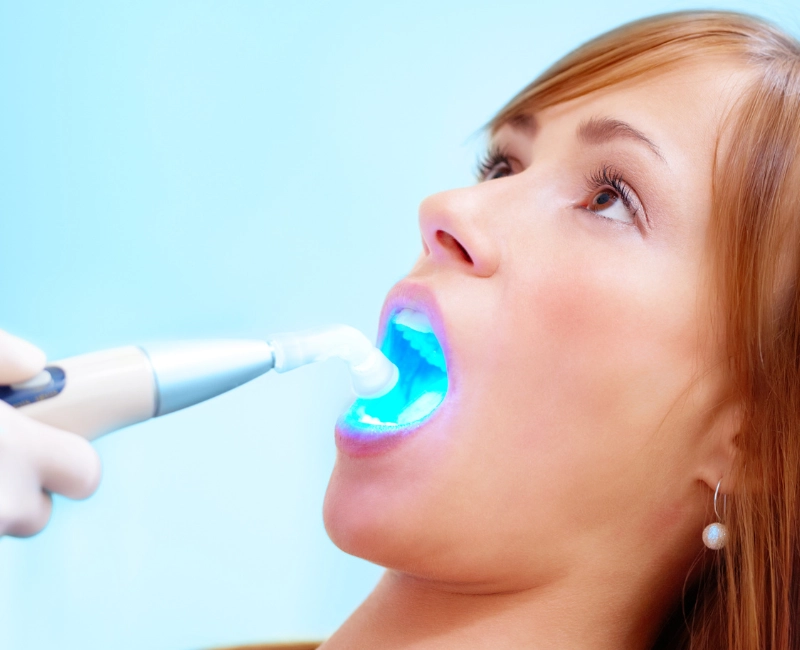While uncomfortable, occasional dry mouth isn’t a serious concern. However, when it becomes persistent, it can lead to long-term health problems that range from irritating to potentially dangerous. Chronic dry mouth can cause mouth sores, cracked lips, splits at the corners of the mouth, increased plaque buildup, and a higher risk of tooth decay and gum disease. Additionally, the lack of saliva can make it harder to break down food, potentially leading to nutritional deficiencies.

- Medications: Many prescription and over-the-counter drugs, especially those for depression, anxiety, and high blood pressure, can cause dry mouth as a side effect.
- Aging: As you age, your body may produce less saliva due to changes in bodily functions and increased use of medications.
- Medical Conditions: Diseases such as diabetes, stroke, Alzheimer's, or autoimmune disorders like Sjögren's syndrome can lead to dry mouth.
- Dehydration: Insufficient fluid intake or excessive fluid loss through sweating, vomiting, or diarrhea can cause dry mouth.
- Nerve Damage: Injuries or surgeries affecting the head or neck area can damage nerves responsible for saliva production.
- Lifestyle Habits: Smoking, chewing tobacco, alcohol consumption, and recreational drug use can all contribute to dry mouth.
- Radiation Therapy: Treatment for head and neck cancers can damage salivary glands, leading to reduced saliva production.
- Stress and Anxiety: Emotional stress and anxiety can temporarily decrease saliva flow, resulting in dry mouth.
to schedule an initial consultation & exam.
Your consultation will include an examination of everything from your teeth, gums and soft tissues to the shape and condition of your bite. Generally, we want to see how your whole mouth looks and functions. Before we plan your treatment we want to know everything about the health and aesthetic of your smile, and, most importantly, what you want to achieve so we can help you get there.
